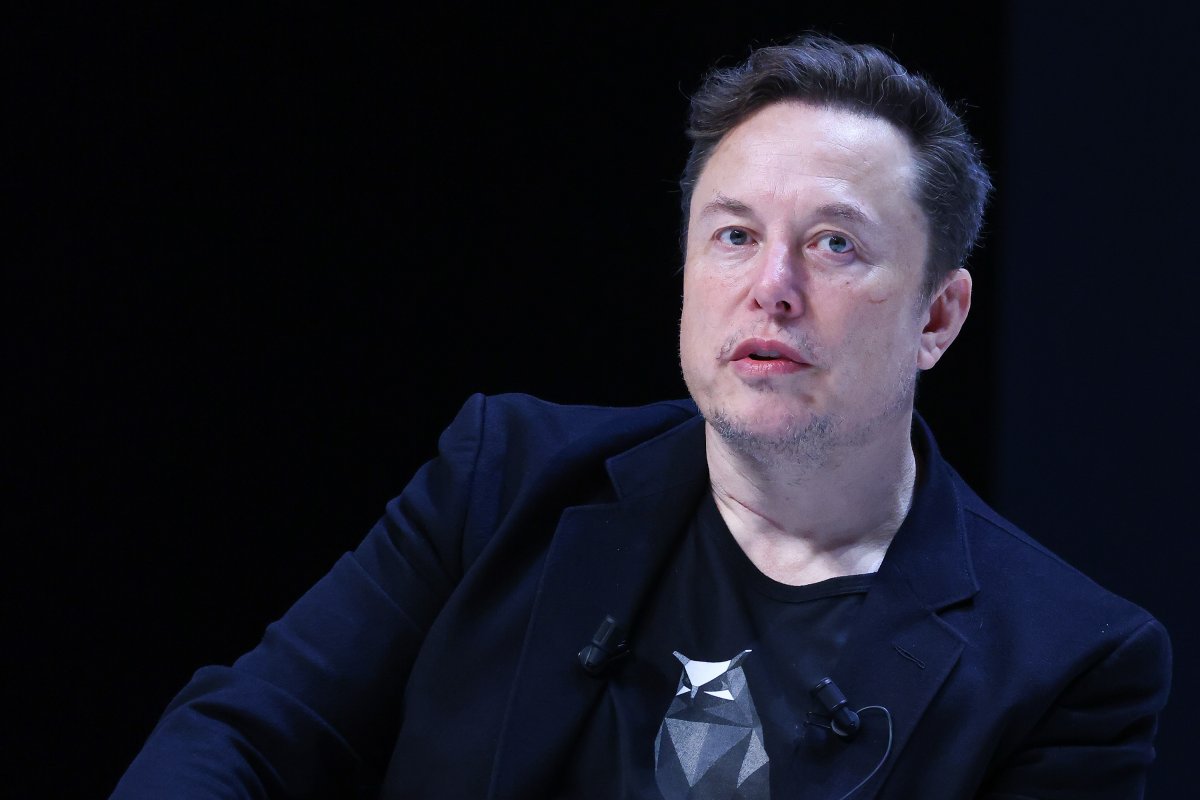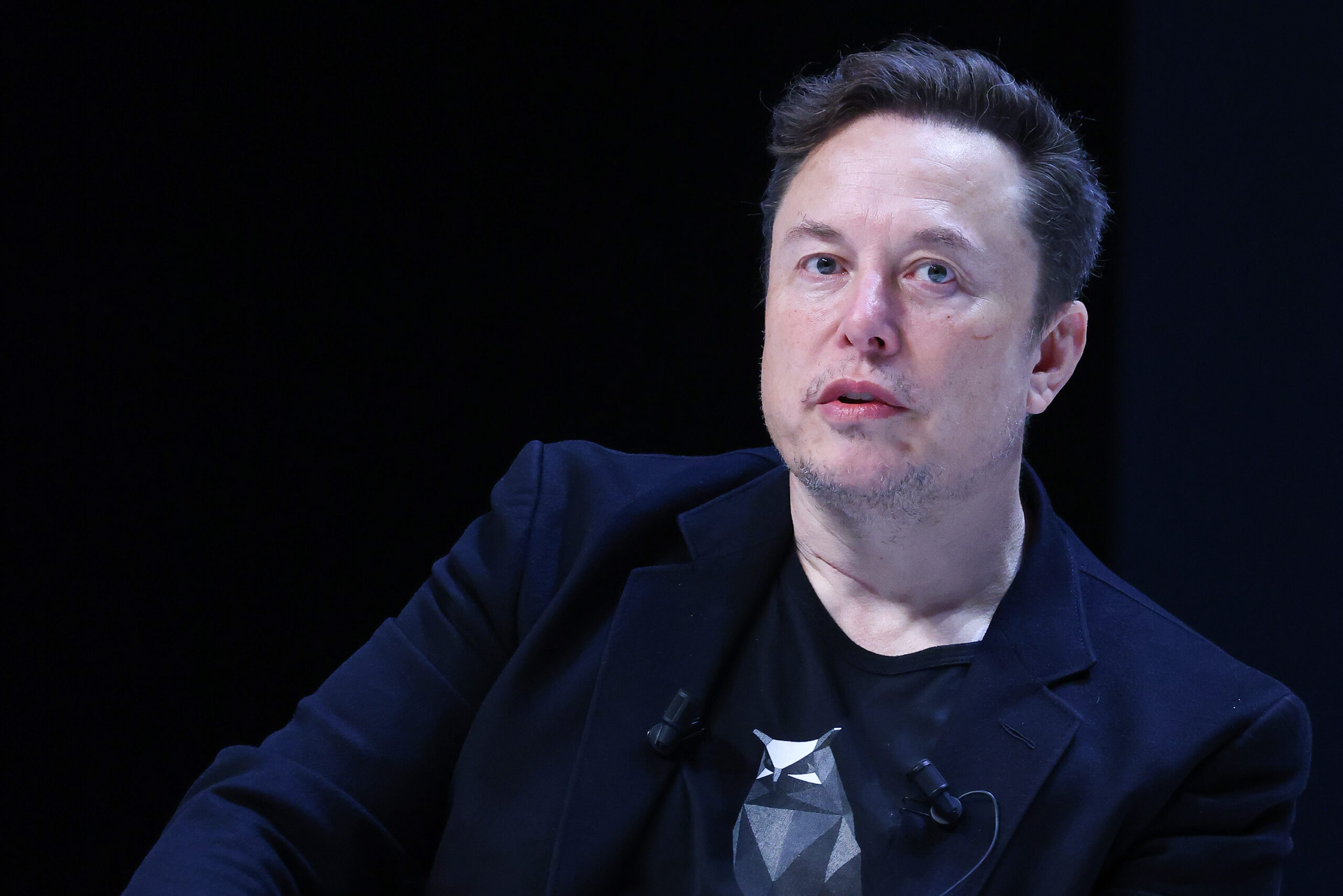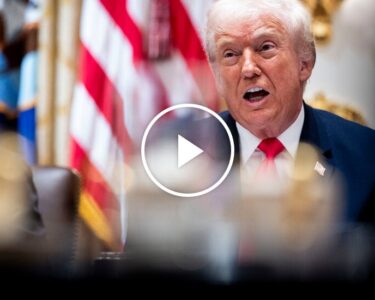SpaceX CEO Elon Musk announced that Starlink, the company’s satellite internet service, plans to provide free emergency services access for cellphones worldwide.
This development comes as SpaceX and T-Mobile seek Federal Communications Commission (FCC) approval for their direct-to-cellular Starlink technology.
“SpaceX Starlink will provide emergency services access for mobile phones for people in distress for free,” Musk stated on his social media platform X, formerly Twitter. “This applies worldwide, subject to approval by country governments. Can’t have a situation where someone dies because they forgot or were unable to pay for it.”
The proposed service aims to close mobile “dead zones” by providing extra coverage from space using T-Mobile’s PCS G Block spectrum. Unlike current cellular networks that rely on ground-based towers, Starlink’s satellite constellation could potentially offer coverage in remote areas where traditional infrastructure is absent or impractical.
In a letter to the FCC dated August 23, 2024, SpaceX and T-Mobile representatives urged swift authorization of their pending license applications. The letter highlighted the system’s ability to “provide Wireless Emergency Alerts to everyone, including non-T-Mobile customers, in areas where there is no terrestrial coverage.”

Marc Piaseck/Getty Images
This capability could be particularly crucial for hikers, campers, and others venturing into wilderness areas beyond the reach of conventional cell towers. The proposed service draws comparisons to Apple’s Emergency SOS feature, which allows users to request help via satellite when out of cellular range.
Currently, Apple’s SOS service via satellite is only available on newer models, free for two years after activation of the device, and limited to 17 countries worldwide including the US.
Apple and Starlink are not the only players. There are specialist satellite cellphones on the market like Garmin’s InReach Mini and BlueCosmo’s range including the Inmarsat IsatPhone, as well as smartphones with satellite messaging capability like Caterpillar’s CAT S75.
FCC Commissioner Brendan Carr replied enthusiastically to Musk’s announcement on X, noting, “Direct to cell technology will really benefit public safety communications and first responders.”
However, the path to implementation isn’t without obstacles. Major US cellular providers—and T-Mobile competitors—AT&T and Verizon have raised concerns about potential disruptions to their existing networks.
As of August 2024, SpaceX reported launching nearly 130 direct-to-cellular satellites over the previous eight months, with more launches planned. The company claims successful tests demonstrating the system’s capabilities in various environments, from rural fields to dense urban areas.
While the technology shows promise, its deployment may remain contingent on regulatory approval. Newsweek reached out to the FCC for comment via email.
👇Follow more 👇
👉 bdphone.com
👉 ultraactivation.com
👉 trainingreferral.com
👉 shaplafood.com
👉 bangladeshi.help
👉 www.forexdhaka.com
👉 uncommunication.com
👉 ultra-sim.com
👉 forexdhaka.com
👉 ultrafxfund.com
👉 ultractivation.com
👉 bdphoneonline.com




